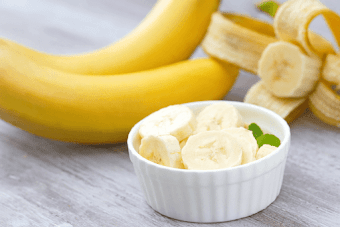We have already talked about many vegetables and fruits, today it is the turn of one of my favorites, the carrot.
What is the carrot good for?
Belonging to the Umbelliferae family, the carrot arrives. The first cultivated tuber was white, it contained a hard skin and fibrous flesh, these delusions never occupied a place in the royal tables, but they were consumed by the population because of their low cost.
Another variety of carrots from Syria were between red and violet tones; This strange color was due to the presence of anthocyanins, a substance that offers strong protection against UV rays.
Our orange carrot, appeared in the Dutch greenhouses in the sixteenth century, as a result of crosses of red and white carrots, this version was much more pleasant and achieved a place at the table of the Prince, before being exported to other countries of the world.
Carrot pests
One of the dangers that can affect our crop, is the carrot fly. One of the best methods is allelopathy. Luckily, I've left an article, so you know, how to fight it.
On the other hand, you should bear in mind that there are many other insects that are beneficial for our small urban gardens, such as bees or ladybugs. Know the properties of carrots for health and get the most out of it.
Nutritional value of carrots
This vegetable is generally very well tolerated by most people, thanks to its sweet taste. Many health benefits are attributed to him, some of them we will see in this post; In addition, it contains a very high nutritional value.
Properties of the carrot for health
Let's continue with a little more nutritional information. The main carotenoids found in carrots, whether raw, cooked or in juice or juice, are beta-carotene, lutein, and zeaxanthin. Carotenoids are compounds that have, among others, some antioxidant properties, that is, they are capable of neutralizing free radicals.
So the consumption of carrots is an anti-aging solution and brings a healthy tanning effect on the skin. These properties of the carrot, also provide protection against cancer and cardiovascular diseases.
Additionally, it contains Alpha-carotene and other antioxidants, which help in the fight against cancer, mainly the lung. This makes eating carrot against cancer a good idea.
Benefits of Carrots?
The vitamins carrot, historically have earned a reputation for being very beneficial for the eyes, which is true, but the therapeutic potential of this tuber goes far beyond. For example, the skin of the carrot is also very effective for:
- Severe intestinal treatments
- Protection of intestinal walls
- Stomach or duodenal ulcers
- Diarrhea
- Liver diseases
How to grow carrots?
The carrots are easy to grow, you just need fertile soil, free from clods and stones, at a temperature between 45 ° and 85 ° C. This means you can grow carrots, almost any time of year, either in pots or in the ground of the garden or patio. Even in winter, with the protection of a plastic tunnel.
And as you know, the good thing about planting at home is that you will have an organic crop, free of chemicals, unlike the massive and industrial cultivation of carrots, which contains many nitrites, the result of an abuse of chemical fertilizers.
Conclusion
Now that you know what the carrot is for, what are its properties and its benefits, do not hesitate to incorporate it regularly into your diet and take advantage of all the nutritional value that the carrot offers you.






0 Comments